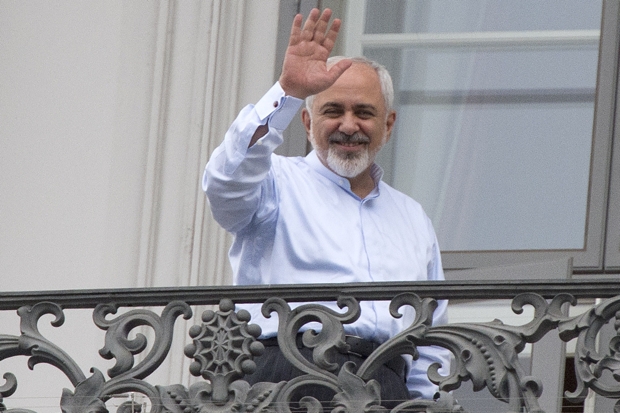When the Shah of Iran gave the order to create the Atomic Energy Organisation of Iran (AEOI) in 1974 it is unlikely that he had any idea of just how controversial his move would ultimately prove. The AEOI brought order to what had hitherto been a disorganised programme and set the country on the path to an eventual clash with the world’s leading western powers.
That clash began in 2002, when at a public press conference in Washington DC, an Iranian opposition group, the Mojahedin-e-Khalq (MKO) exposed details of undeclared Iranian nuclear activities, which had progressed much further than anyone had suspected. At least, almost anyone. While it was the MKO that revealed Iran’s nuclear secrets to the world, diplomats in the know told me the information had come from Israeli intelligence.
It was perhaps a fitting start to a crisis that has lasted almost exactly 13 years. From the beginning it is Israel that has – not unreasonably – driven international suspicion over Iran’s nuclear ambitions and it is Israel that today, along with Saudi Arabia, is smarting the most at the deal that has just been made between Iran and the P5+1 (the five Security Council powers and Germany).
One can call this an historic day without fear of hyperbole. The deal may mark the beginning of Iran’s gradual return to geopolitical normality. The White House has pronounced itself pleased. The deal, it points out, commits Iran to removing two-thirds of its installed centrifuges (which are used to enrich uranium – a possible pathway to a nuclear bomb) and dispose of 98 per cent of its stockpile of enriched uranium. Meanwhile, if Iran violates any parts of the deal, sanctions will rapidly snap back into place.
For their part, the Iranians also claim a victory. ‘Today is the end to acts of tyranny against our nation and the start of cooperation with the world,’ said Iranian President Hassan Rouhani on State TV earlier today. ‘This is a reciprocal deal. If they stick to it, we will. The Iranian nation has always observed its promises and treaties.’
So two nations: Iran and the US, which had no official ties for over thirty years, appear to have reached détente, even if only in the nuclear field. But this crisis is far from over. The Saudis and the Israelis, brought together through mutual fear of Iran, will be watching every development from this point on. And in Israel’s case: where first they watch, they then often act. This deal could bring greater stability to the Middle East – or it could see it erupt into even greater conflict. For now, an uneasy truce prevails. How long it will last remains to be seen.
David Patrikarakos is the author of Nuclear Iran: The Birth of an Atomic State







Comments